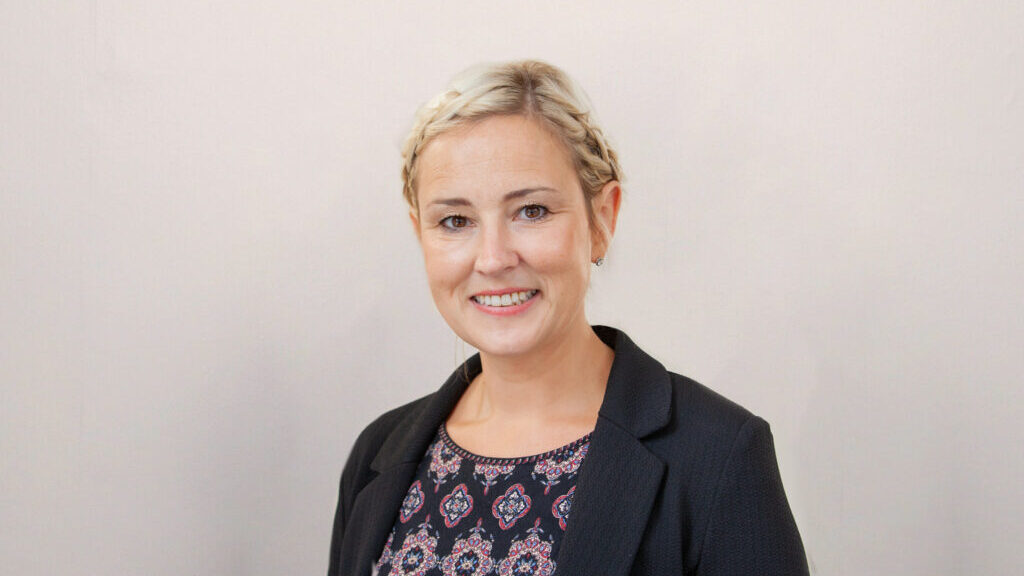How community care providers can work with NHS teams to reduce delayed discharges

Rachel Calladine, business development director at Exemplar Health Care, a leading nursing care provider for adults living with complex needs arising from dementia, mental health conditions, neuro-disabilities and physical disabilities, discusses how community care services can support the NHS through greater partnership working.
There’s no shortage of commentary about the impact of delayed discharges on NHS services, but much of this focuses exclusively on older people. What is less often discussed is younger people living with complex needs, who often remain in hospital or in an inappropriate care setting for much longer than needed.
Having reviewed more than 2,500 recent placement referrals, we believe we have identified some recurring system challenges that are likely contributing to this issue, and that highlight the role community care providers can play when working in close partnership with NHS teams.
The importance of advocates
One of the most important factors we identified through our research was how placement decisions and discharges were more timely when an individual had a family member involved in their care who could advocate for them and support them in accessing the right community placement.
Unfortunately, many family members or loved ones struggle to navigate the system to find the information they need to make informed decisions; communicate directly with key decision makers; or identify the sources of funding they need to achieve a desired outcome. All of this prevents them from being that consistent advocate to help drive a timely discharge.
Traditionally, an assigned social worker has been the central point of contact to help families, but our data shows that an increasing number of people no longer have an allocated professional who understands their unique situation and care needs.
Council budgets are under sustained pressure for the foreseeable future, and so as providers we have a responsibility to do more to help families who may not have access to dedicated social work support.
When a family contacts us, we take the time to guide and support them to understand the system and access impartial information, irrespective of whether one of our homes is the right choice for them or their loved one.
Partnership working
Another area the data highlighted, and one that I’m passionate about, is the importance of everyone involved in an individual’s care journey working in partnership to place them at the heart of all decision making.
About 60% of the people we support have had a previous placement fail – often because an individual’s needs and goals are not fully considered or matched to the services available locally.
In an ideal world, this could be addressed by local care providers being included at an earlier stage in the process – particularly at those initial multi-disciplinary team (MDT) meetings when a potential hospital discharge is first considered. This would facilitate greater joined-up thinking, collective problem-solving, and support the wider MDT to understand what is possible for the individual from the provider perspective.
It would also bring fresh ideas to the table and establish a far more personalised approach to creating a step-down care pathway at the earliest possible opportunity.
In turn, this increases the likelihood of people getting the best possible experience and outcomes from their care the first time around.
Safeguards would be needed to ensure there is no commercial advantage to any party, but involving providers earlier in the discharge process would recognise their vital role in the success of an end-to-end care pathway that delivers the best outcomes for the person.
One size doesn’t fit all
Local decision-making processes work best for people when they take into account a comprehensive range of services and expertise an individual with complex needs might require, now and in the future, and the providers that can offer this.
For example, our central support team includes a consultant psychiatrist, neuro consultant, advanced behaviour support practitioners, and condition-specific leads for mental health, respiratory care, learning disability, and Huntington’s disease.
With such a broad offer, providers like Exemplar Health Care do not always fit into the costing tiers of a standardised brokerage system – particularly those designed with older people’s care in mind.
We are clear that this should not affect the care people receive, however, we always welcome more opportunities to work with commissioners and other providers to make sure that brokerage systems always allow for flexibility and personalisation in complex needs care.
Moving forward together
We all strive for a more integrated health and social care system that places people at the heart of commissioning processes. By working more closely together to break down the sometimes artificial barriers between community care providers and NHS healthcare partners, we can collectively make sure that more people, more quickly, receive the right care in the right place at the right time.




